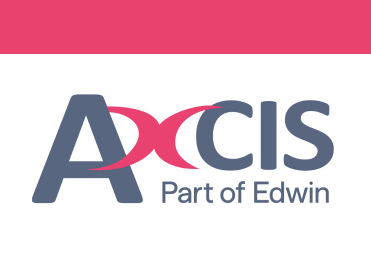Using BSL in Schools: Insights, Careers & Resources for Inclusive Education

Why Your BSL Skills Are Invaluable in SEND Education
British Sign Language (BSL) is more than just a communication tool; it’s a gateway to inclusion, belonging, and access for thousands of deaf and hearing-impaired students across the UK.
If you're qualified in BSL or working towards it, your skills are in high demand in mainstream and specialist school settings. Your ability to sign can help bridge communication gaps, support learning, and transform outcomes for pupils with additional needs.
Whether you’re a teaching assistant, communication support worker, or an educator with a passion for inclusion, this blog offers a roundup of useful insights, guidance, and resources to help you make the most of your BSL journey in education.
Why Your BSL Skills Matter
BSL is the first or preferred language of around 87,000 deaf people in the UK, and it's used by thousands more with additional communication needs.
In education, your ability to sign empowers students by giving them direct access to lessons, instructions, and social interactions. It’s not just about translating speech, it’s about connection, confidence, and helping every pupil feel understood.
Your qualification is a powerful tool for fostering inclusive classrooms and creating learning environments where all children can thrive.
Recognition That Reflects Your Value
In 2022, BSL was officially recognised as a language in UK law, a pivotal moment for the deaf community and for inclusive education.
Now, with a BSL GCSE in development and increasing awareness around communication needs, your skills are more important than ever. Schools are actively seeking staff who can help deaf students access the curriculum and feel part of the wider school community.
How BSL Is Used in the Classroom
As a BSL-qualified professional, you might find yourself supporting pupils in a wide range of ways, such as:
- One-to-one or small group support for deaf or hearing-impaired pupils
- Signing key instructions or routines to support understanding
- Helping to deliver lessons using visual cues and signs
- Encouraging peer-to-peer communication and inclusion
BSL can also benefit pupils with autism or other communication differences who respond well to structured visual language.
Career Opportunities for BSL-Qualified Educators
There is a steady demand for BSL-trained staff in education, especially in SEND provisions and specialist settings. Roles might include:
- SEND Teaching Assistant (TA)
- Communication Support Worker (CSW)
- Inclusion or Behaviour Mentor
- Support staff in hearing impairment units or resource bases
Whether you're fully qualified or currently studying BSL, there are many ways your skills can be applied in school environments, and every sign you make can make a difference.
Recommended Resources for BSL Educators
Whether you're looking to refresh your knowledge or deepen your expertise, these free and paid tools can help:
- British-Sign.co.uk – Courses, quizzes, and fingerspelling charts
- Sign BSL – Online BSL dictionary with video demos
- Lingvano – Interactive BSL learning platform
- National Deaf Children's Society – Guidance, posters, and teaching resources
These platforms are ideal for classroom support staff, trainee teachers, or anyone preparing to work with deaf students.
Because Inclusion Starts With Communication
Every sign you make in the classroom helps remove barriers, fosters confidence, and makes sure no child feels left behind. When you sign, you’re not just supporting learning, you’re supporting dignity, visibility, and access.
If you’re ready to take the next step in your BSL career, register with Axcis today. We work with mainstream and specialist schools across the UK who are actively seeking BSL-qualified staff to support their students.
Know someone who’s BSL-qualified? Please share this blog with them because your share might help place the perfect candidate in a school that needs them.
Together, we can make classrooms more inclusive, one sign at a time.
